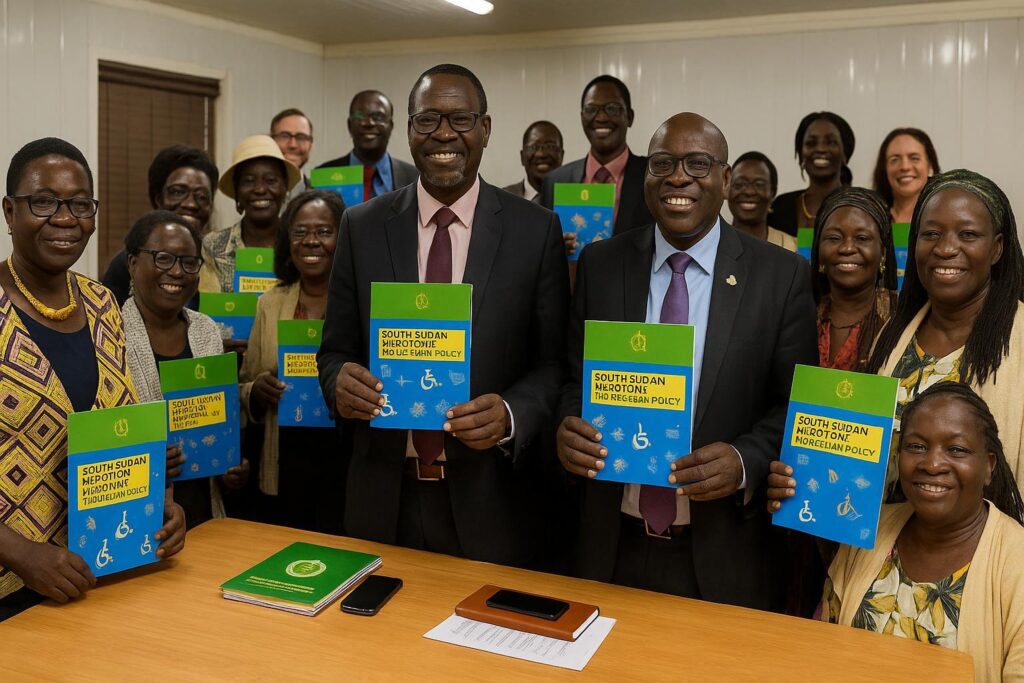Women’s Charter Reaches Review Commission
South Sudan’s National Constitutional Review Commission this week received the long-awaited Women’s Charter, a 30-page document shaped over months of grassroots dialogue and policy workshops across all ten states and three administrative areas.
Women’s networks describe the charter as a historic claim to equal citizenship, designed to anchor gender justice in the forthcoming permanent constitution and prevent any return to marginalisation experienced during earlier transitional arrangements.
Key Demands for Gender-Responsive Governance
Twelve priority chapters call for guaranteed 35 percent female representation at every decision-making level, free maternal health services, compulsory girls’ education, equitable land rights, targeted climate-adaptation funding, and stronger prosecution of gender-based violence.
Officials Endorse Inclusive Drafting
Chairperson Dr. Riang Yer Zuor affirmed that public submissions are envisaged by law, adding, “our mandate is meaningless unless the constitution echoes society’s full diversity.” His remarks have been welcomed by women’s groups that feared a purely technocratic drafting process.
Undersecretary James Francis of the Parliamentary Affairs Ministry noted the charter’s blend of rural and urban perspectives, arguing that it offers legislators an evidence-based template instead of abstract rhetoric.
Civil Society Mobilises for Public Ownership
Advocates stress that women’s inclusion is not a favour but a constitutional obligation already implied by regional treaties such as the Maputo Protocol, which South Sudan ratified in 2023.
Civil society organisers plan a nationwide civic-education tour to familiarise communities with the charter before the draft constitution is finalised, hoping to convert legal jargon into relatable everyday language.
Next Steps Toward an Enduring Constitution
Observers say the current timeline envisions a referendum next year, yet warn that delays could erode public trust if inclusive commitments are not seen in the final text.
For many women, the charter is both roadmap and safeguard, ensuring that equality moves from conference halls to village council rooms once the constitution becomes law.


